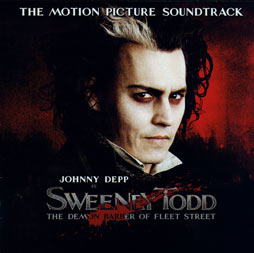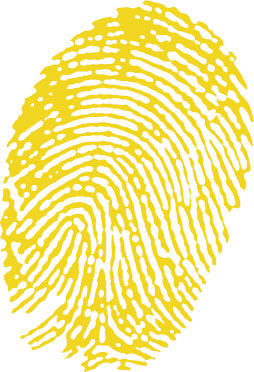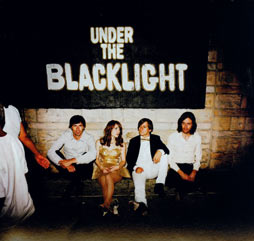By Julissa Treviño/south news editor
TCC students can now power up their Internet connection and explore an Ivy League education.
MIT and Yale are among the many universities that now offer online, open access courses, without the hassles of applications and without the tuition.
By logging on to the Internet, anyone around the world can take a free online course and learn through audio and video lectures, notes, reading assignments, homework assignments and even exams.
In December 2007, Yale University launched Open Yale Courses (open.yale.edu), which currently offers seven of its introductory liberal arts courses.
These courses offer full sets of class lectures with videos, audio recordings and suggested readings.
Each course is presented by Yale professors, but students have no interaction with them.
Currently, Yale is recording and preparing material for an additional eight new courses on subjects not covered in the first year, Diana E. Kleiner, Dunham professor of the history of art and classics and principal investigator for Open Yale Courses, said.
“We will be producing about 30 more over the next several years,” she said.
MIT not only offers more than 1,800 of its past courses that usually include lecture notes, exams, assignments and video recordings, but it also continually adds to its collection.
The MIT Open CourseWare Web site provides courses in all of the school’s basic departments, from aeronautics and astronautics to writing and humanities studies.
MIT also offers many of its courses in translated versions of Chinese, Portuguese, Thai and Spanish.
All MIT Open CourseWare courses and material can be found at ocw.mit.edu.
The MIT site is sponsored by the Open Coursework Consortium (ocwconsortium.org), which serves as a sort of digital educational database.
More than 100 member universities and colleges from around the world can post their own courses and materials online for free access by others in English and other languages.
Kleiner said the feedback to such free, online courses has been very positive.
“What is especially exciting is how many students come from [around the world] and that these students are of all ages, not just high school and college students, but professionals and life-ling learners,” she said.
None of the work or effort gets graded; there is no interaction with professors, and students receive no credit.
But with free access to the same courses that actual MIT or Yale students pay thousands for, students can easily cruise their way to a higher standard of learning.





























